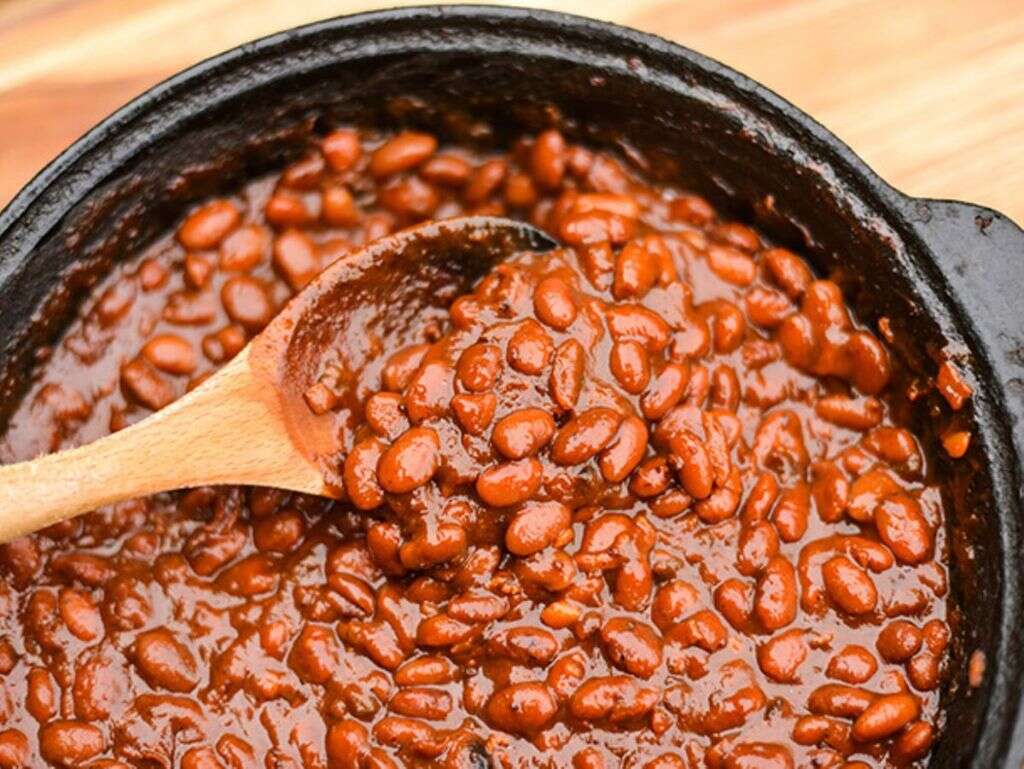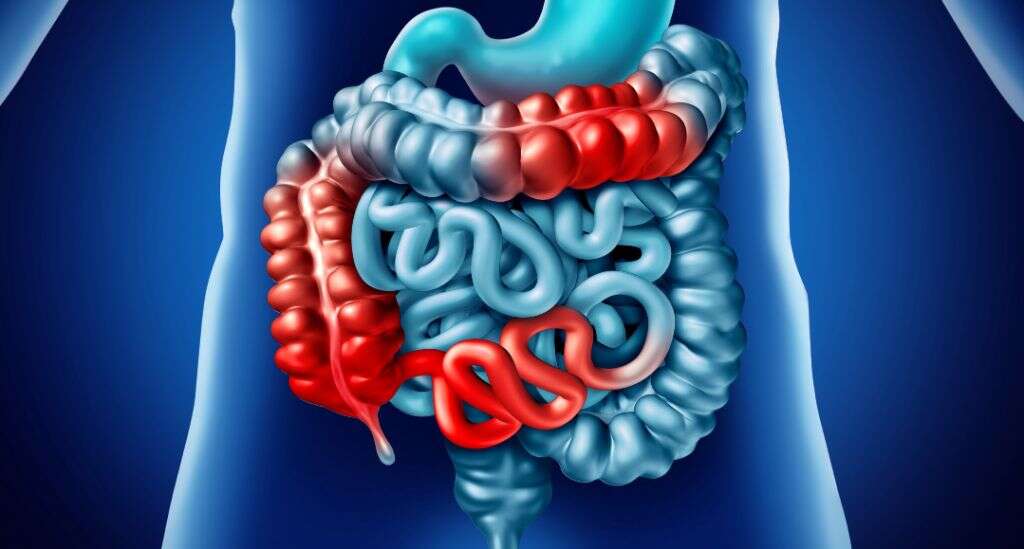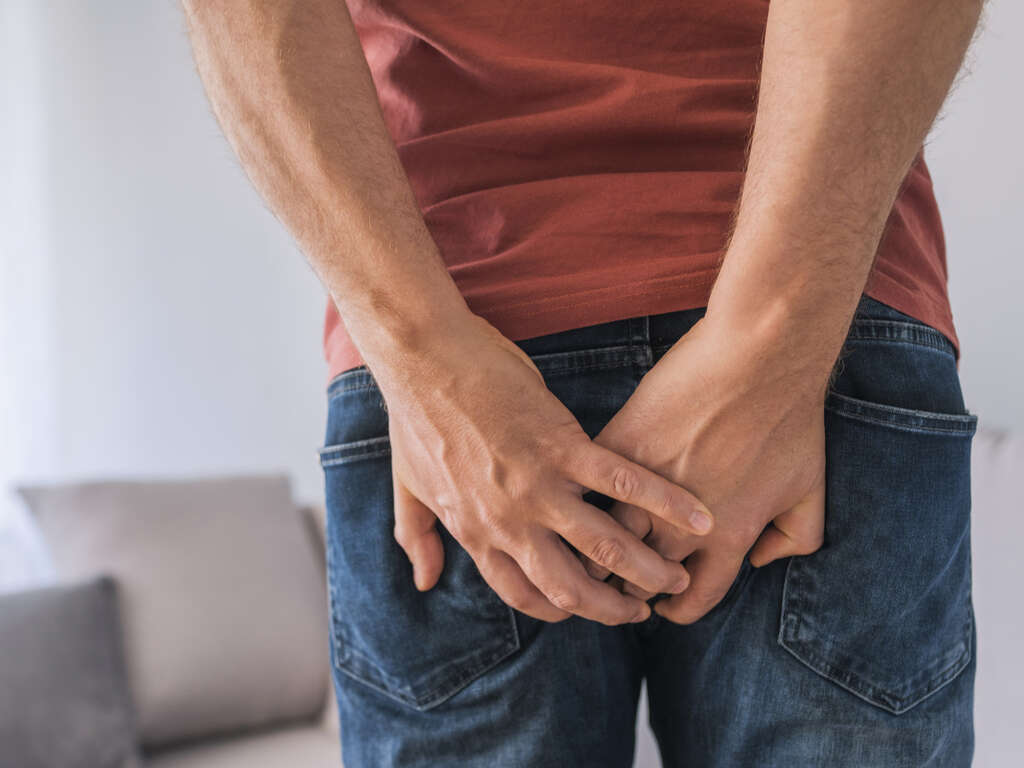What Is Flatulence?
We’ve all been there. We’re in an elevator or another confined space with other people and a bad smell comes from somewhere. The odor can also be accompanied by a noise that will often give away where the odor is coming from. It can be quite unpleasant if the smell is bad, and it can also be very embarrassing if you are the source of the smell.
Flatus (farting) is actually quite normal and the average person will pass wind around 15 times every day. Some people will experience it more than others, however, and many experience a condition known as flatulence. It is often only temporary, while some people will have it on a more permanent basis.

1. What Is That Sound?
At the bottom end of the digestive system is the anus, which is the hole where our stools finally pass out of the body through. The anus is a type of sphincter, meaning it is a type of circular muscle. Usually, this muscle closes up tight to prevent anything from getting out, except for when we need to make a trip to the bathroom.
When we pass wind, the wind is forced out of the body by contractions of the bowel walls. This causes the gas to be forced out of the tightly closed anus at high pressure. This high pressure is what causes the sound associated with flatulence.

2. Why Does It Smell?
When bacteria break down food in our digestive systems, they release gas as a waste product. This gas, which is passed out of the body, has an unpleasant odor. This is normal for everybody, but people with flatulence tend to pass gases that are particularly bad smelling.
Eating different foods will result in different gases being produced, and these different gases will have different odors to others. Eating a lot of fatty foods in particular can cause unusually smelly gas. Wines, fruit juices, and beers can also lead to smellier than usual gas.

3. Diet
Perhaps the most common cause of flatulence is your diet, and one of the biggest culprits is a high fiber diet. There is a typical comedic setting where somebody has bad wind after eating beans, and there is a lot of truth in this, because beans are high in fiber content.
Vegetables are also known for causing flatulence, particularly brussel sprouts, cabbage, leeks, and lentils. Thus, if you do suffer from flatulence then it is a good idea to have a look at what you are eating. You don’t necessarily have to cut out your favorite foods altogether; just cutting down could help to make all the difference.

4. Chrohn’s Disease
Chrohn’s disease is a medical condition that causes inflammation of the digestive system. This causes several unwelcome symptoms for the patient, including, but not limited to, abdominal pain, fatigue, malnutrition, diarrhea, and flatulence. The condition cannot be cured, but it can be treated to help reduce the severity of the symptoms.
Irritable Bowel Syndrome (IBS) is another condition that can cause flatulence, in addition to other symptoms. IBS basically means that the patient is more sensitive to a wider range of foods than most other people are. Patients with IBS will often need to avoid certain foods to prevent symptoms arising.

5. Gluten Intolerance
Some people have problems with a protein known as gluten. It is found in grains like wheat and barley, and eating it can cause symptoms like abdomen pain, diarrhea, constipation, bloating, and flatulence. Some people have celiac disease, which is an autoimmune condition that is triggered by gluten in the digestive system.
Other people have a condition known as lactose intolerance. Lactose is a type of sugar that is found in cow’s milk, and some people lack the necessary enzyme to digest it. Thus, eating dairy products can cause problems for people that are lactose intolerant, causing symptoms that include flatulence.

6. Borborygmi
Borborygmi is a very common condition that pretty much everybody is likely to experience from time to time. It is basically the noises that we hear from our stomachs sometimes when we are feeling hungry, or when we have eaten something that doesn’t agree with us. It is a symptom that many people will experience alongside flatulence.
The sounds are produced as the liquid contents of the stomach are moved around as we move. When the sounds are louder than usual, it is often down to contractions occurring in the intestines. These sounds are not usually harmful, but you should see a doctor if they are accompanied by severe symptoms.

7. Bloating
Bloating is another very common condition. We’ve all eaten too much sometimes and felt so full that we find it difficult to even move. Adding to the problem further is the fact that gases will be generated in our stomachs as food is processed. If this gas cannot escape, then our bowels will expand as a result.
This bloating can be quite uncomfortable, and it can make a person feel as though it is harder to move around. The symptom should pass eventually, however, as the gases will eventually make their way out of the body in one way or another. Medication is also available that can help to relieve the patient of the symptom.

8. Air Eructation
Air eructation is the technical medical term for burping. When we eat, we will swallow air in addition to the food that we eat. This air goes down into the digestive system and, as it accumulates, it eventually needs to be expelled. This is achieved by forcing it out again through the mouth (burping). This is why people tend to burp more when they have eaten or drank quickly.
In addition to swallowing air, gases will also accumulate as they are produced by the digestion process. What’s more is that carbonated beverages such as beer and sodas will release gases after they have been consumed, and this will also often lead to burping.

9. Complications
Flatulence itself is unlikely to cause any further medical complications. However, it can be caused by an underlying problem that can lead to problems for the patient. If somebody does experience problems with flatulence then they should arrange to see a doctor to try and find out what is causing it.
Regardless of medical complications, flatulence can be very embarrassing for people with the condition. Loud noises and unpleasant odors can make for some very awkward situations in social settings. Patients will often need to look for medication that can at least help to reduce the severity of their symptoms.

10. Treatment
Perhaps the most effective treatment for flatulence is for the patient to adjust their eating habits. They should try and avoid eating foods that cause them problems, and using a diary can help them to tell which foods are bad for them, and which ones are not.
It is also thought that probiotics may be able to help with digestion, and these can be obtained from foods like fresh, live yogurt. Medications and remedies are also available that may be able to help with some of the patient’s symptoms. If the problem is too severe, then you should consider speaking with a specialist if you have not done so already.












